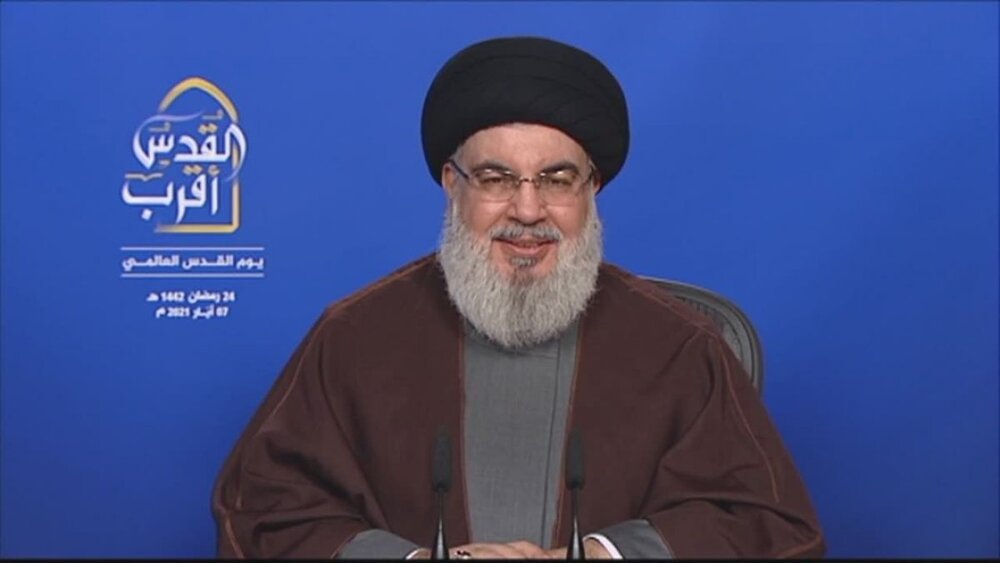Iran, reliable partner

TEHRAN – As Iran moves ahead with the talks with the world and regional powers, more coordination and harmony are taking shape between Tehran and its regional allies.
Iran resumed talks with the remaining parties to the 2015 nuclear deal in Vienna in April. The talks are now in an advanced stage compared to a few weeks ago, with all sides ushering in progress and voicing optimism about the way ahead. Iran also voiced openness to discussing regional issues with some Arab states, namely Saudi Arabia.
Tehran and Riyadh held two rounds of talks in Baghdad to discuss regional issues. A senior official at the Saudi Foreign Ministry confirmed on Friday that these talks took place but said it was too early to expect concrete results. In the midst of these talks, Saudi Arabia’s crown prince appeared on television and struck a note of reconciliation with Iran.
All this created the impression that a wave of de-escalation is sweeping over the region and that some parties in the region may lose their relevance. Some observers and press reports created the misperception that these parties also include groups close to Iran. Seyed Hassan Nasrallah, secretary general of the Lebanese Hezbollah, repudiated this misperception during his Friday speech, which was delivered on the occasion of International Quds Day. He underlined the deep trust between Iran and its allies in the region, saying Iran is a reliable partner that will never “sell” its allies and friends.
He pointed to press reports claiming that Iran’s friends, particularly Hezbollah, should be concerned because the Vienna talks and the Iranian-Saudi dialogue will, at the end of the day, come at the expense of Iran’s allies and friends.
But Nasrallah rejected this claim and said Iran does not need to assure its allies that it will not sell them simply because it will never do so. Judging by the history of Iran’s relations with its allies and friends, Nasrallah said Iran will not let down its allies. Over the past 40 years, he noted, Iran, even in the darkest of days, has not sold its allies.
This also applies to what happened in Syria over the past decade. During the Iran-Iraq war in the 1980s, Syria was one of the few countries in the region that supported Iran in the face of Saddam Hussein, the former dictator of Iraq who enjoyed overwhelming support from regional and world powers during the war. Iran reciprocated the Syrian support in 2011 when Syria lapsed into a devastating war. Iran provided the Syrian government with a package of help needed to overcome the crisis.
Therefore, Iran will not let down its allies and friends no matter what happens at the talks. Nasrallah knows this for sure and that’s why he dispelled concerns over the outcome of Iran’s talks with regional and world powers. Instead, he showed support for these talks.
“From this standpoint, we support any Iranian international, regional, or Arab dialogue, and we believe that it contributes to calming the region, and we see that it will strengthen the axis of resistance, the front of friends, and weakens the front of the enemy,” the secretary general asserted. “Those who should be worried are America's friends in the region and they are worried. I mean, Israel is now in great anxiety. Some [Persian] Gulf countries are worried and therefore they began to change their language and use backchannel.”
Nasrallah urged Iran’s friends to be highly confident that what’s going on in the region is in their interest. “We are confident that what is happening in the region is in our interest and that of this axis,” he pointed out.
The comments show the degree to which Iran is harmonizing its foreign policy in the region. They also signal complete coordination in Iran’s foreign policy. That a regional ally such as Hezbollah voices support for the Vienna talks is another sign of how integrated Iran’s foreign policy is.
